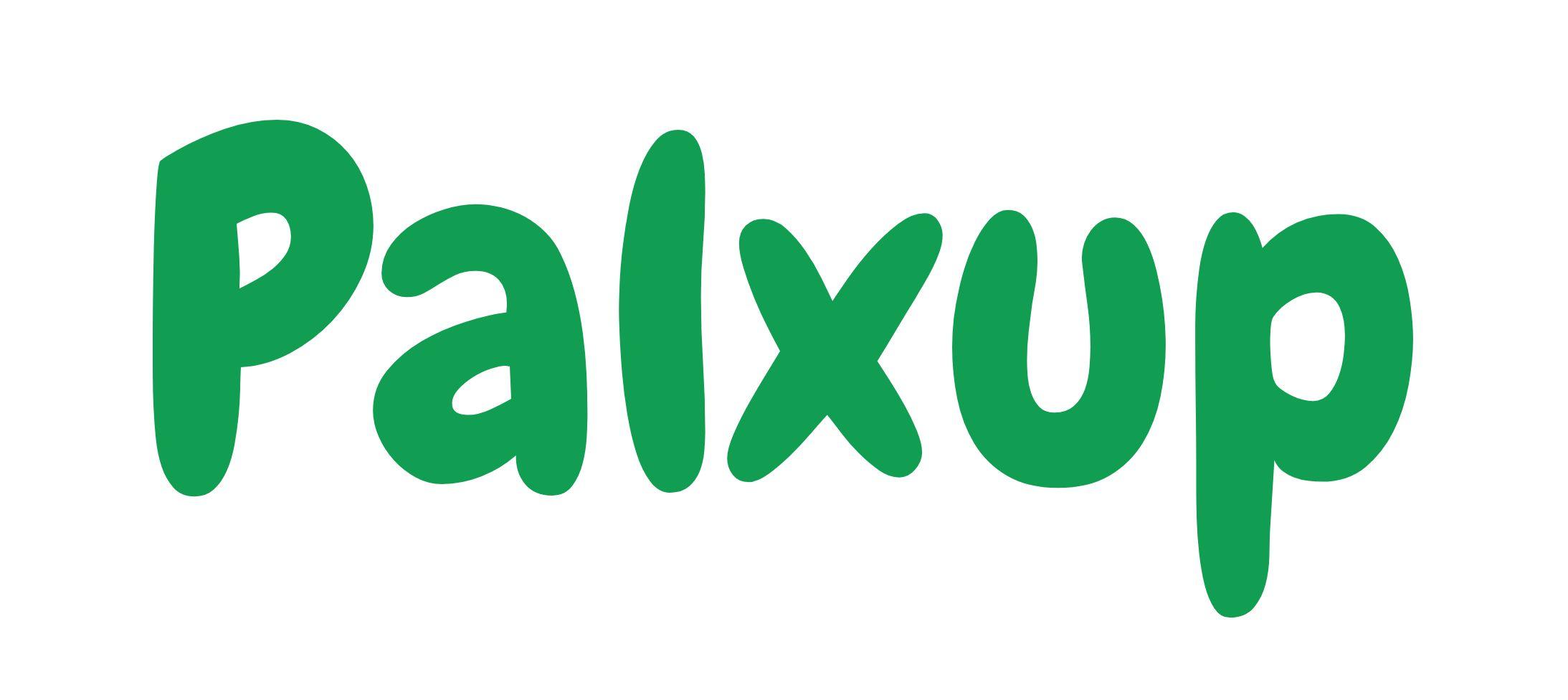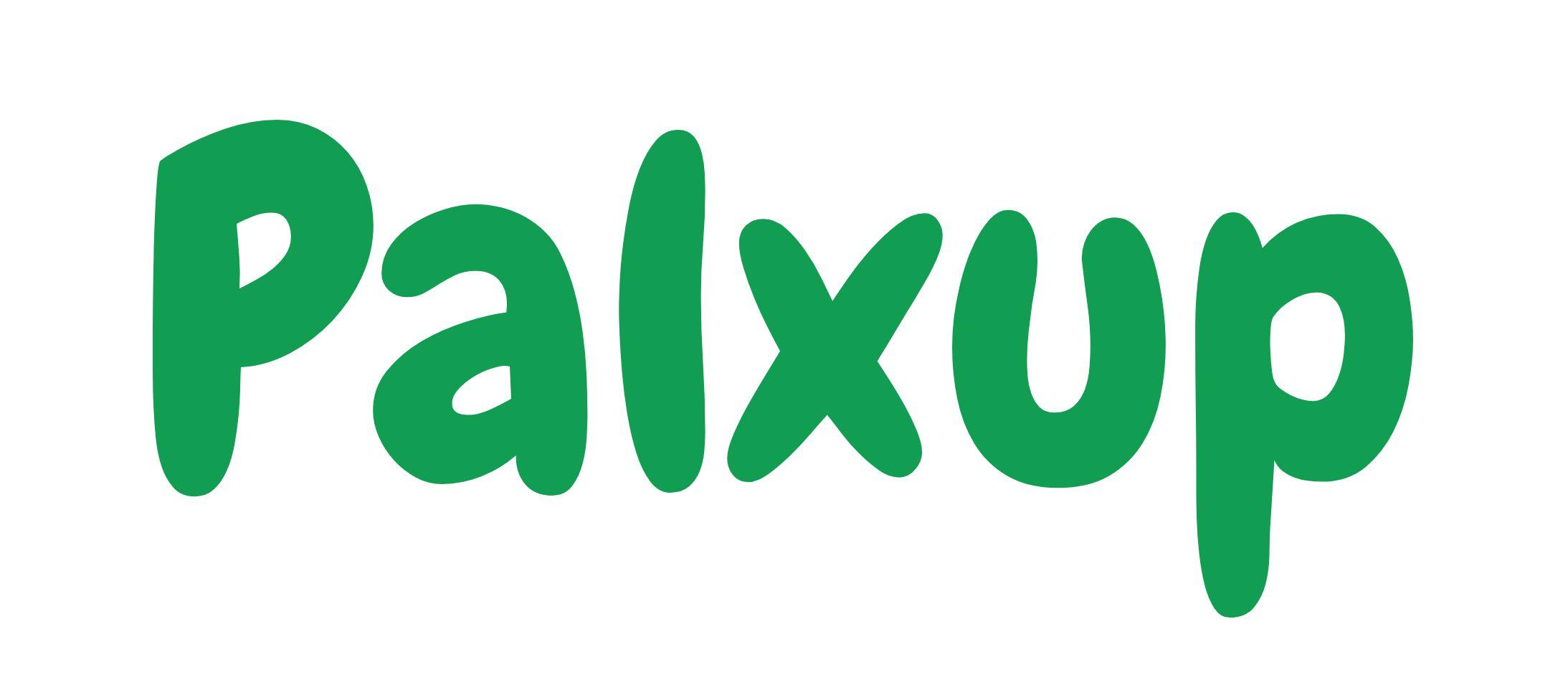Critical thinking is the ability to analyze and evaluate information in order to make informed decisions and solve problems. It involves questioning assumptions, considering different perspectives, and using logic and reasoning to come to a conclusion.
Importance of critical thinking in today's society
Critical thinking skills are essential in today's fast-paced and ever-changing world. The ability to think critically allows individuals to navigate the abundance of information available to them and make informed decisions. It also allows them to adapt to change and find creative solutions to problems.
Critical thinking skills are essential for students in order to succeed in this 21st century, with the world becoming increasingly complex and fast-paced, the ability to think critically is more important than ever for students. It's not only important for their education, but also for their future careers and overall success in life.
First, let's look at the benefits of critical thinking in education. Improved problem solving and decision making are just the beginning. Students who possess critical thinking skills are better able to think independently and evaluate information. They are also more adaptable to change and better equipped to come up with creative solutions to problems. In a world where the ability to think creatively and find innovative solutions is highly valued, critical thinking skills are more important than ever.
How to develop critical thinking skills in students
Incorporating critical thinking exercises and activities in the classroom
One way to develop critical thinking skills in students is by incorporating activities that challenge them to think critically. This can include exercises such as debates, mock trials, and case studies. These activities not only encourage critical thinking but also help students to develop important skills such as communication and teamwork.
Teaching students how to analyze and evaluate information
Another important aspect of developing critical thinking skills is teaching students how to analyze and evaluate information. This can include teaching them to question the credibility of sources, as well as how to identify bias and propaganda. This will help students to develop the ability to think critically about the information they are presented with and make informed decisions.
Encouraging open-ended and divergent thinking
Encouraging open-ended and divergent thinking is also crucial in developing critical thinking skills. This means giving students the freedom to explore multiple solutions to a problem and think outside the box. This can be done by providing open-ended questions and problems for students to solve, and by not limiting them to a single solution.
Providing opportunities for students to think critically in real-world situations
Finally, it's important to provide opportunities for students to think critically in real-world situations. This can include projects and assignments that are relevant to their interests and the world around them. Additionally, involving students in community service or volunteer work can help them to apply their critical thinking skills to real-world problems.
Overall, it's important to remember that developing critical thinking skills is a continuous process. By providing opportunities for critical thinking in the classroom and encouraging open-ended and divergent thinking, we can equip students with the ability to navigate an ever-changing world.
The importance of critical thinking in the workforce
The need for critical thinking in today's job market
In today's job market, employers are looking for employees who can think critically and solve problems effectively. The ability to think critically is a valuable skill across all industries, from technology to healthcare to finance. Employers are looking for employees who can think independently, analyze information, and come up with innovative solutions to problems.
How critical thinking skills can lead to greater success in the workplace
Having strong critical thinking skills can lead to greater success in the workplace. Individuals who possess these skills are better equipped to solve problems, make informed decisions, and adapt to change. They are also more likely to be promoted and succeed in leadership roles.
The role of critical thinking in career advancement
Critical thinking skills are not just important for getting a job, they are also essential for career advancement. The ability to think critically allows individuals to take on more complex tasks, take on leadership roles, and find innovative solutions to problems. This can lead to opportunities for advancement, whether it's a promotion or a new job with more responsibility.
In brief, critical thinking skills are a vital part of today's job market and are essential for success in the workforce. By developing critical thinking skills in students, we are not only preparing them for their future careers but also equipping them with the ability to navigate an ever-changing world.
Conclusion
Restate thesis
Critical thinking skills are essential for students in order to succeed in the 21st century.
Summarize key points
We have discussed the importance of critical thinking in today's society, the benefits of critical thinking in education, and the role of critical thinking in the workforce. We have also looked at various ways to develop critical thinking skills in students, including incorporating critical thinking exercises and activities in the classroom, teaching students how to analyze and evaluate information, encouraging open-ended and divergent thinking, and providing opportunities for students to think critically in real-world situations.
Call to action
Educators and parents need to prioritize the development of critical thinking skills in students. As educators and parents, we have a responsibility to equip our students with the skills they need to succeed in this 21st century. By prioritizing the development of critical thinking skills, we are not only preparing them for their future careers, but we are also equipping them with the ability to navigate an ever-changing world. It's important to remember that developing critical thinking skills is a continuous process and it's never too early or too late to start.



